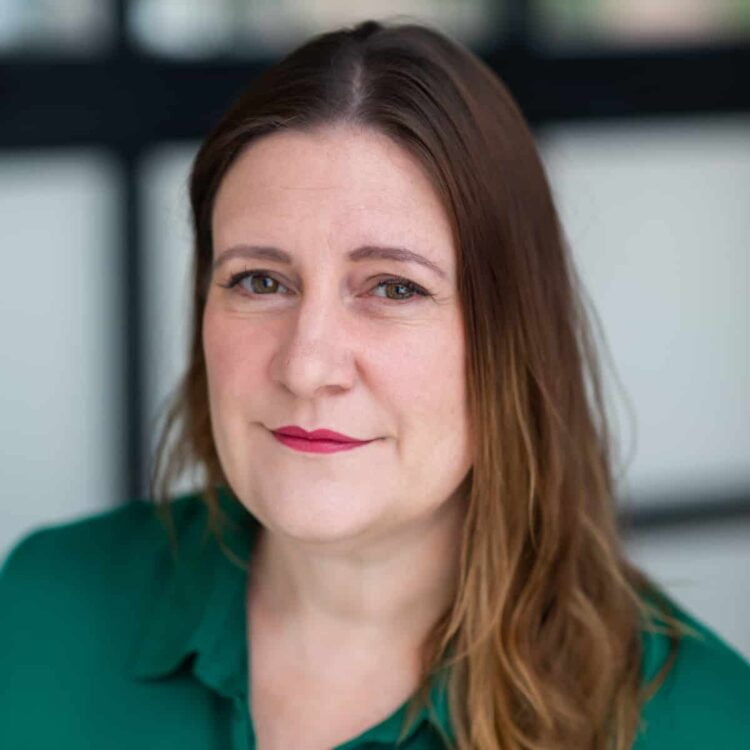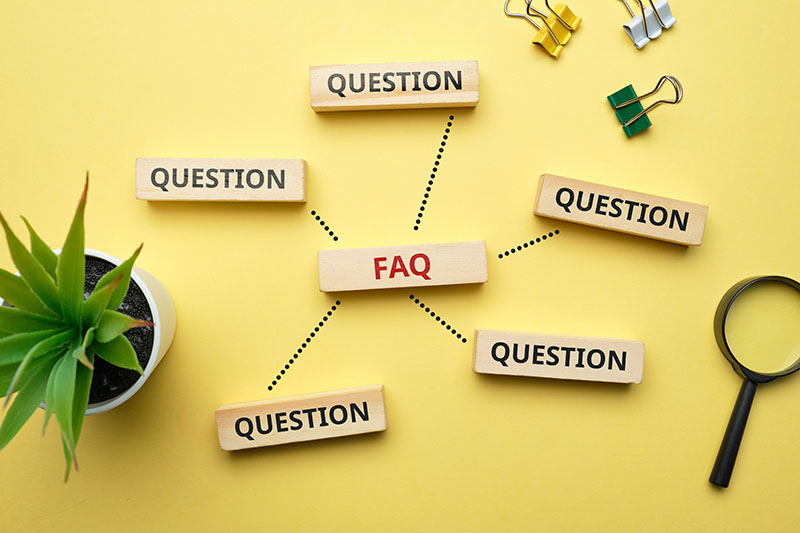Meet the team
Frequently asked questions
Purchasing property, whether freehold or leasehold, will involve these stages:
- Find a property you can afford
- Make an offer
- Arrange a solicitor and surveyor
- Finalise the offer and mortgage
- Exchange contracts
- Completion and final steps
The two main stages are exchange of contracts and completion. On average, the process of purchasing a property takes between 8–12 weeks but this can vary, particularly if there is a chain involved.
Our fees for a typical house purchase range from around £750 + VAT for a simple transaction to around £5,000 + VAT for a substantial historic building on unregistered land. Note that these figures may vary in more complex cases. Find out more about our conveyancing pricing
If a building is listed, that means it’s included on the statutory list of ‘buildings of special architectural or historic interest’. The status is intended to protect buildings from alterations that may negatively impact the character of the building and its historical context.
When you buy a listed property, this comes with responsibilities including:
- Getting permission from your local authority for any alterations you want to carry out, including extensions, changes to the internal layout or even putting up a satellite dish
- Specialist insurance as the rebuild cost of a listed building will be significantly more than a non-listed building
- An increased cost to maintain and repair the property as you may need specific materials or need to hire specialist tradespeople to carry out work
- Higher bills, as energy-efficiency improvements such as double glazing or insulation may not be permitted
When you buy a property freehold, you own the building and the land it’s on until you decide to sell it. But if you buy a property leasehold, you own only the building (not the land it’s on) and only for a set number of years. At the end of the lease, ownership of the property passes back to the freeholder (also known as the landlord), unless the lease is extended.
Leases commonly run for 90 or 120 years but some are as long as 999 years.
Any lease that falls below 80 years is considered to be a short lease. While this may seem like a long time, in terms of leases 80 years is the cut-off point.
The simple answer is yes. In principle, there is no problem buying a property with a short lease, provided that its price reflects this fact. In practice, it is more difficult, particularly if you need to raise a mortgage to buy the property. Many lenders will be reluctant to lend on flats with short leases. When considering buying a property with a short lease, always seek expert advice to ensure you understand your rights, responsibilities and limitations as the leasehold owner.




